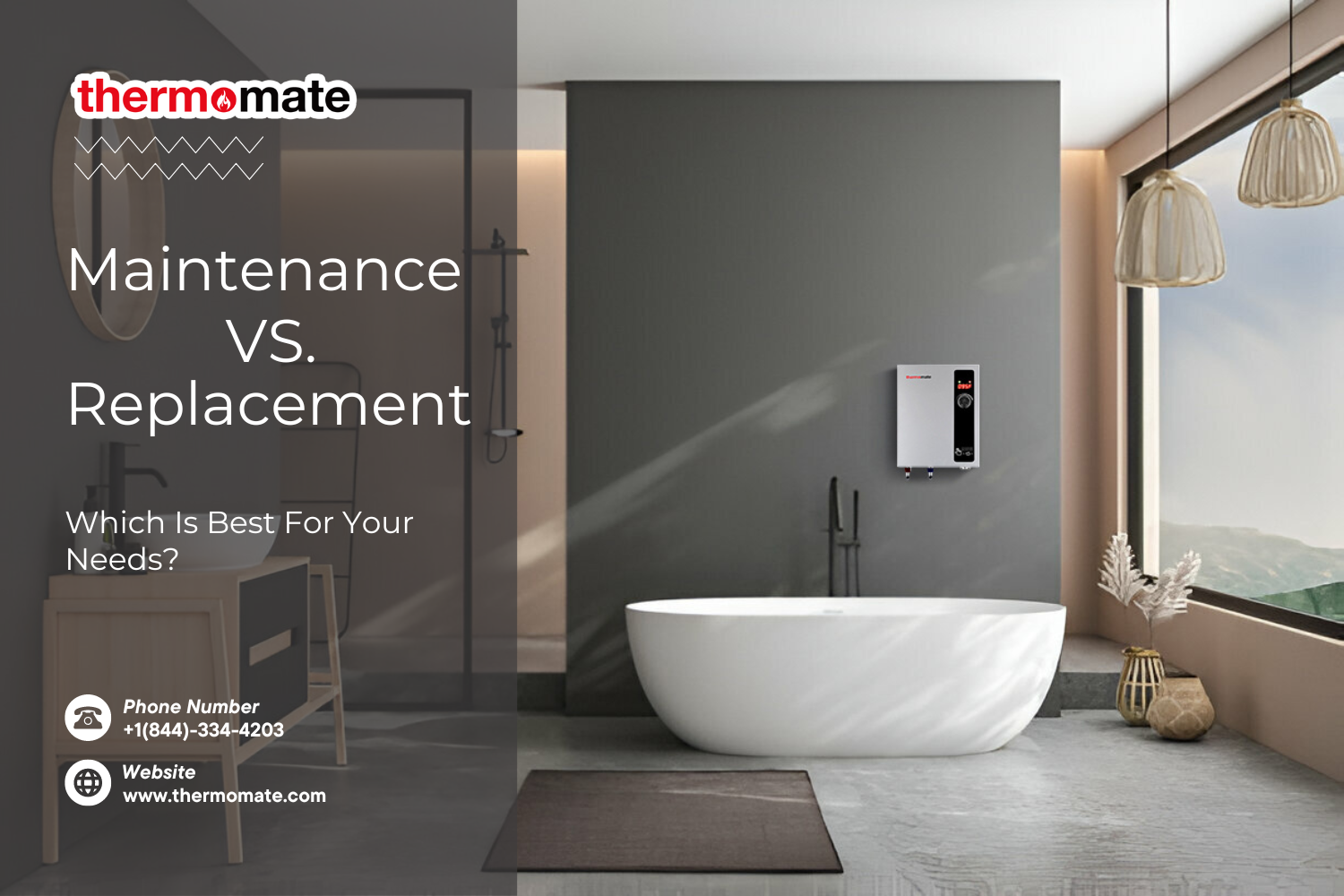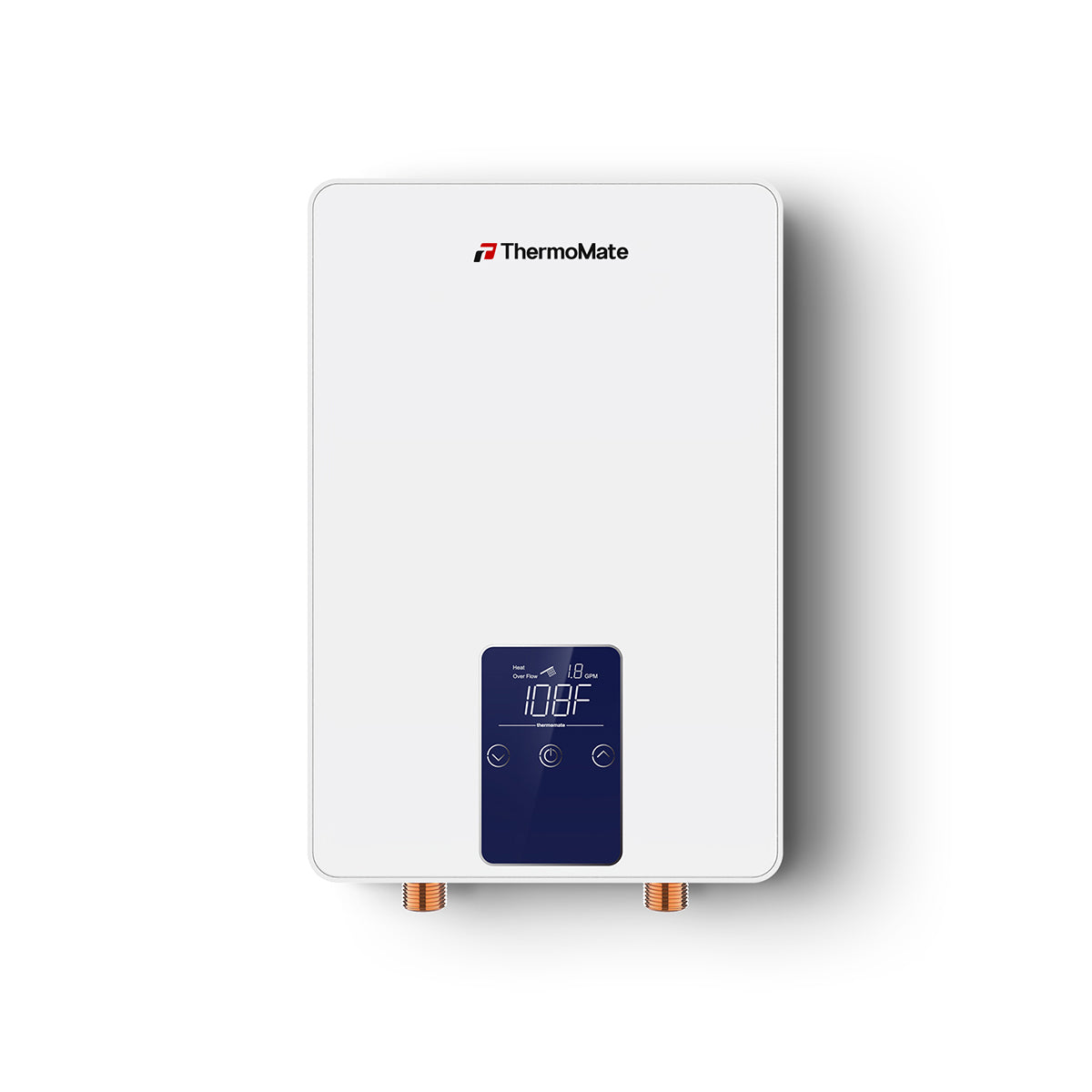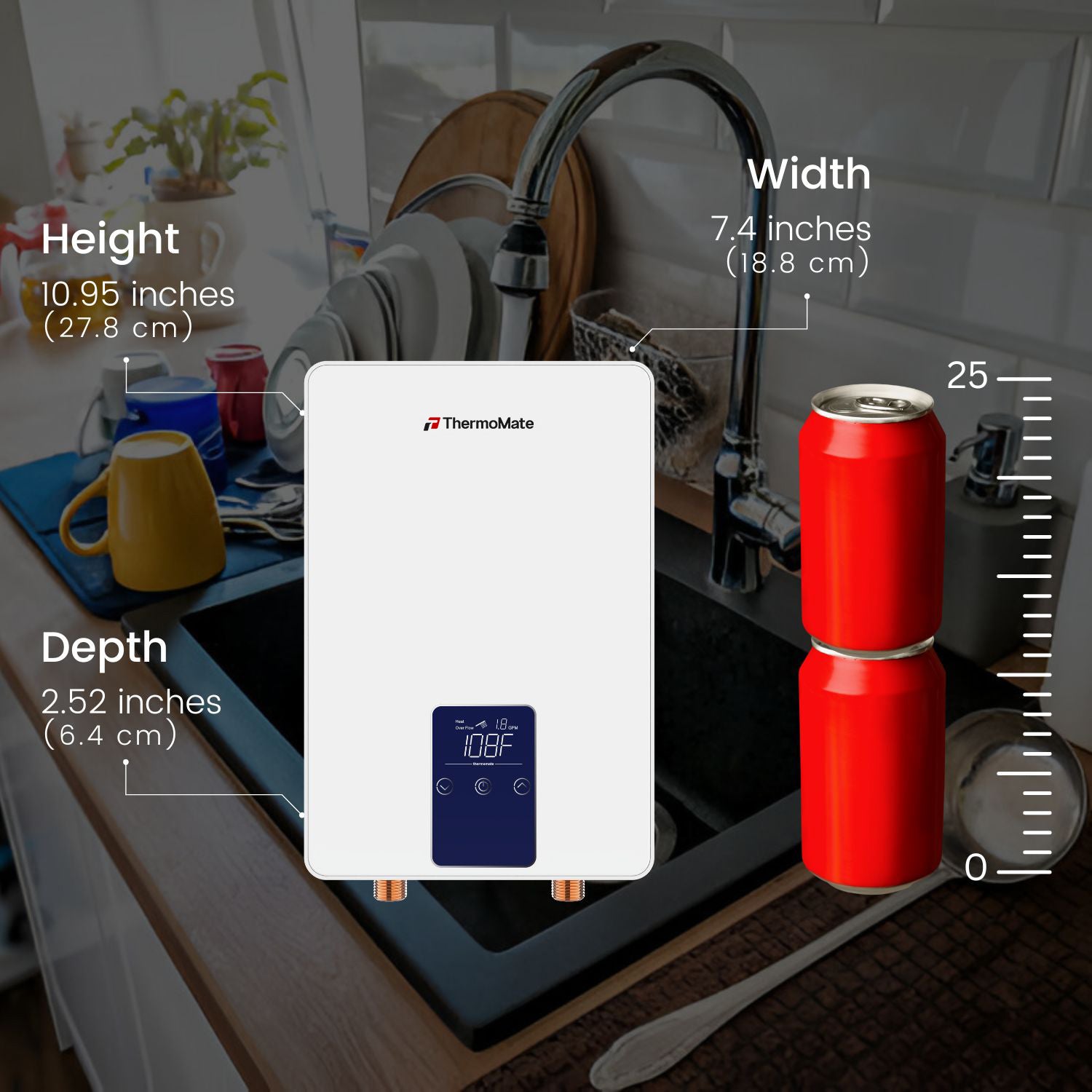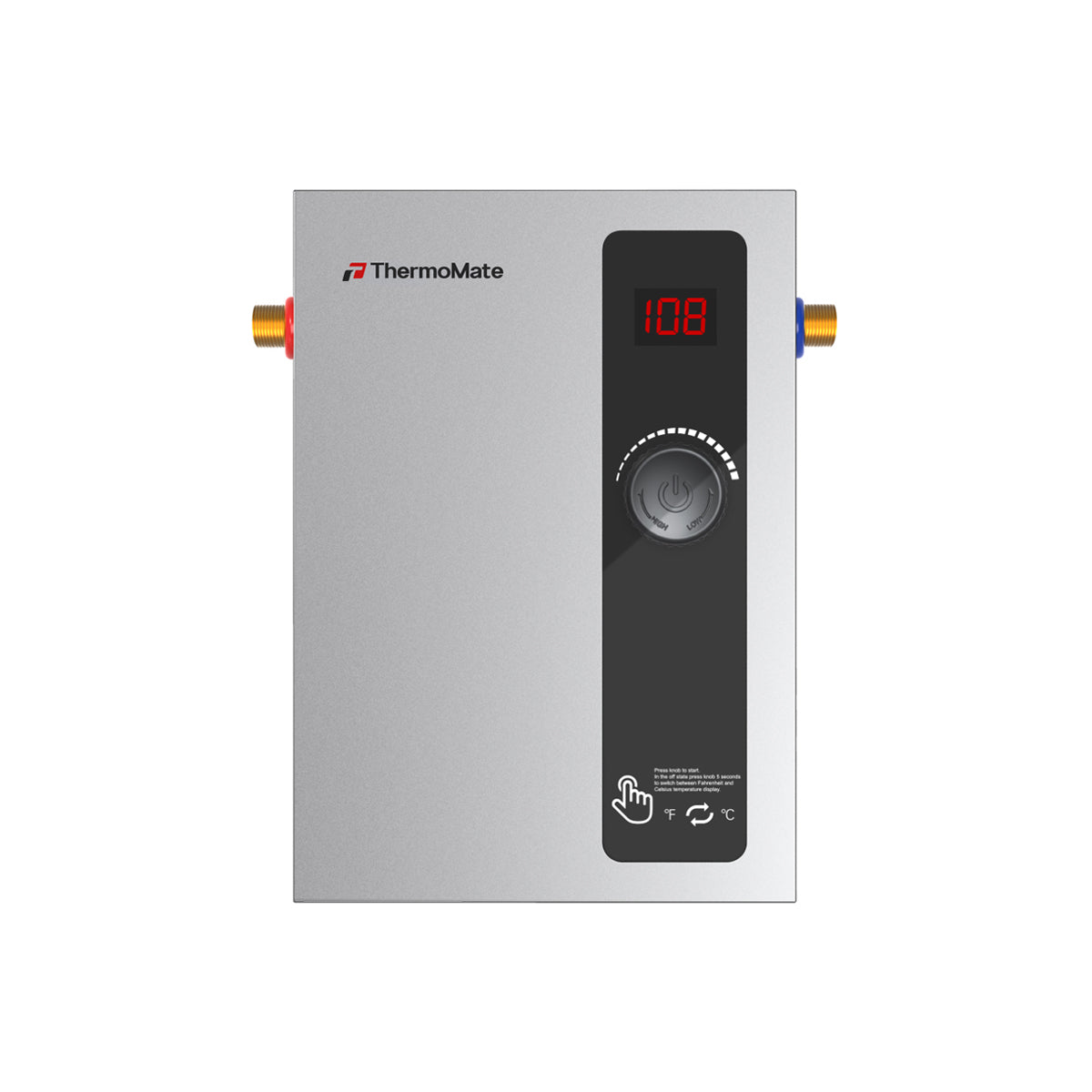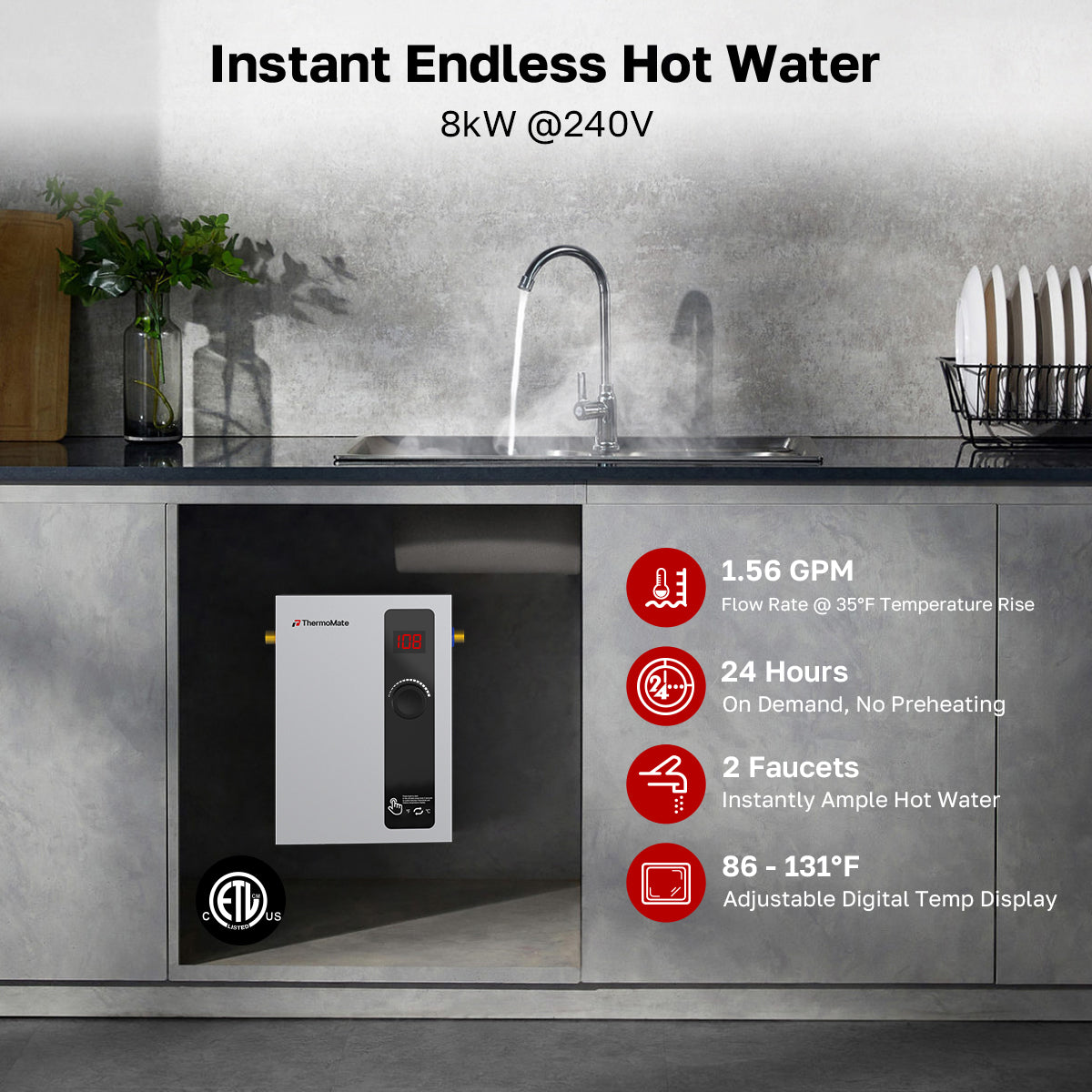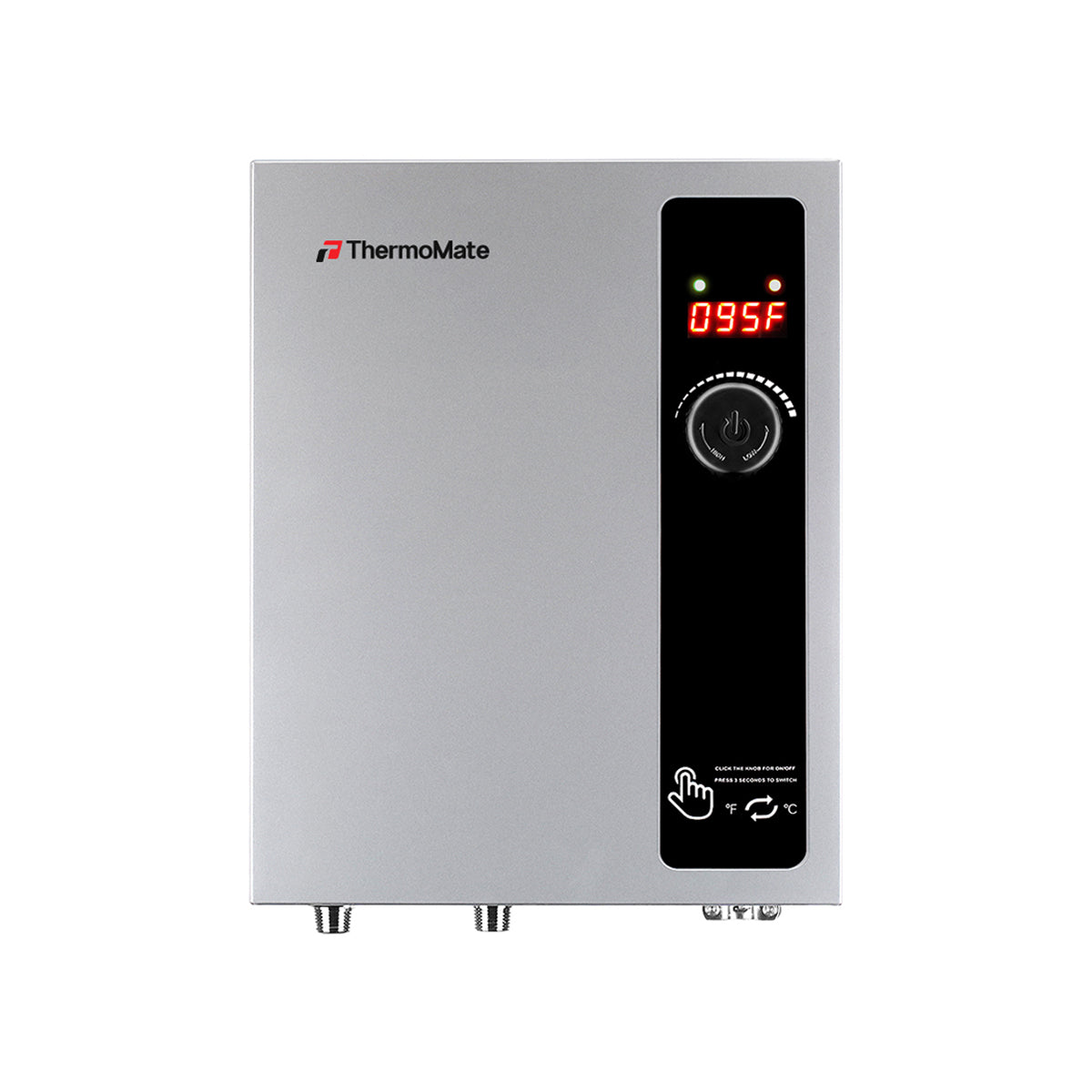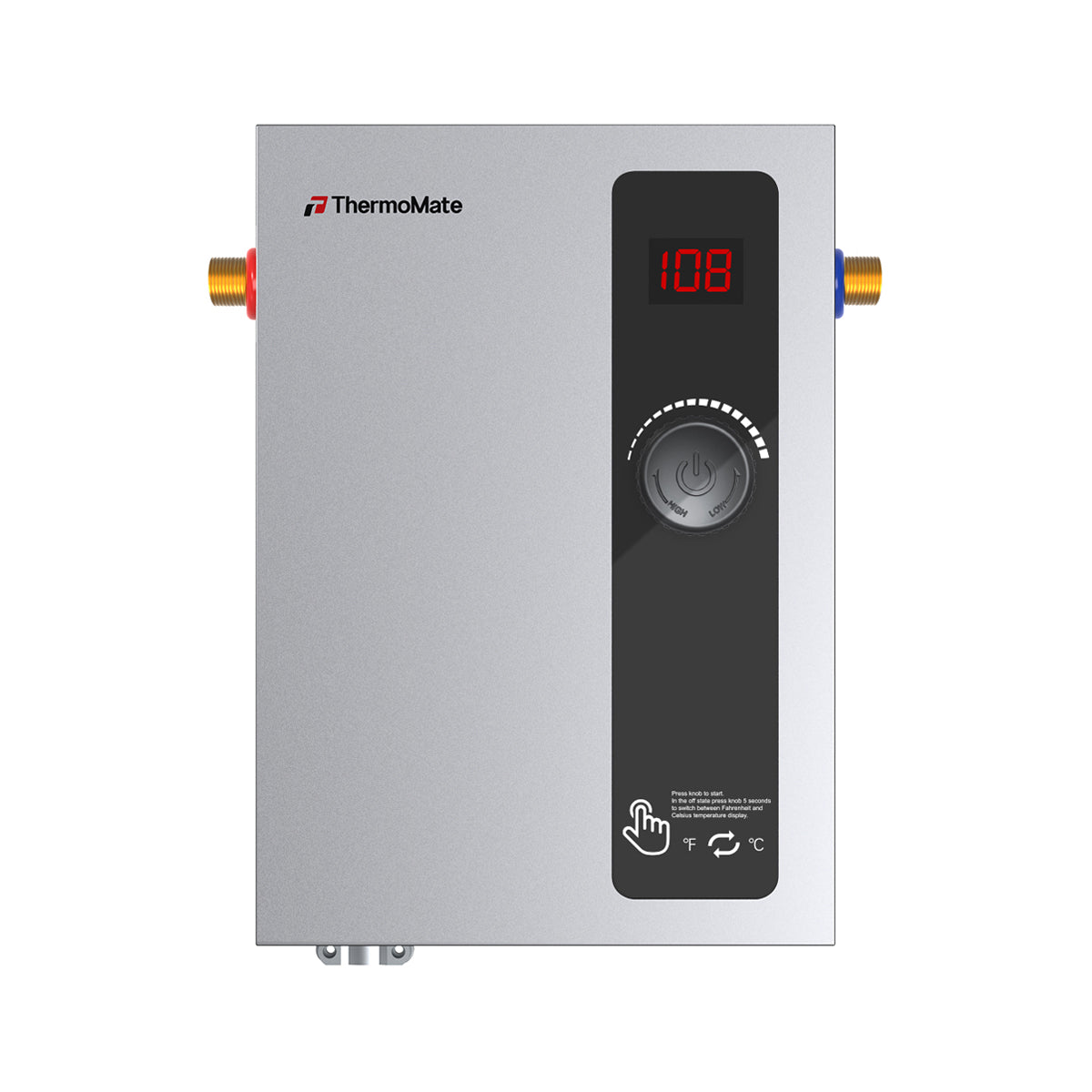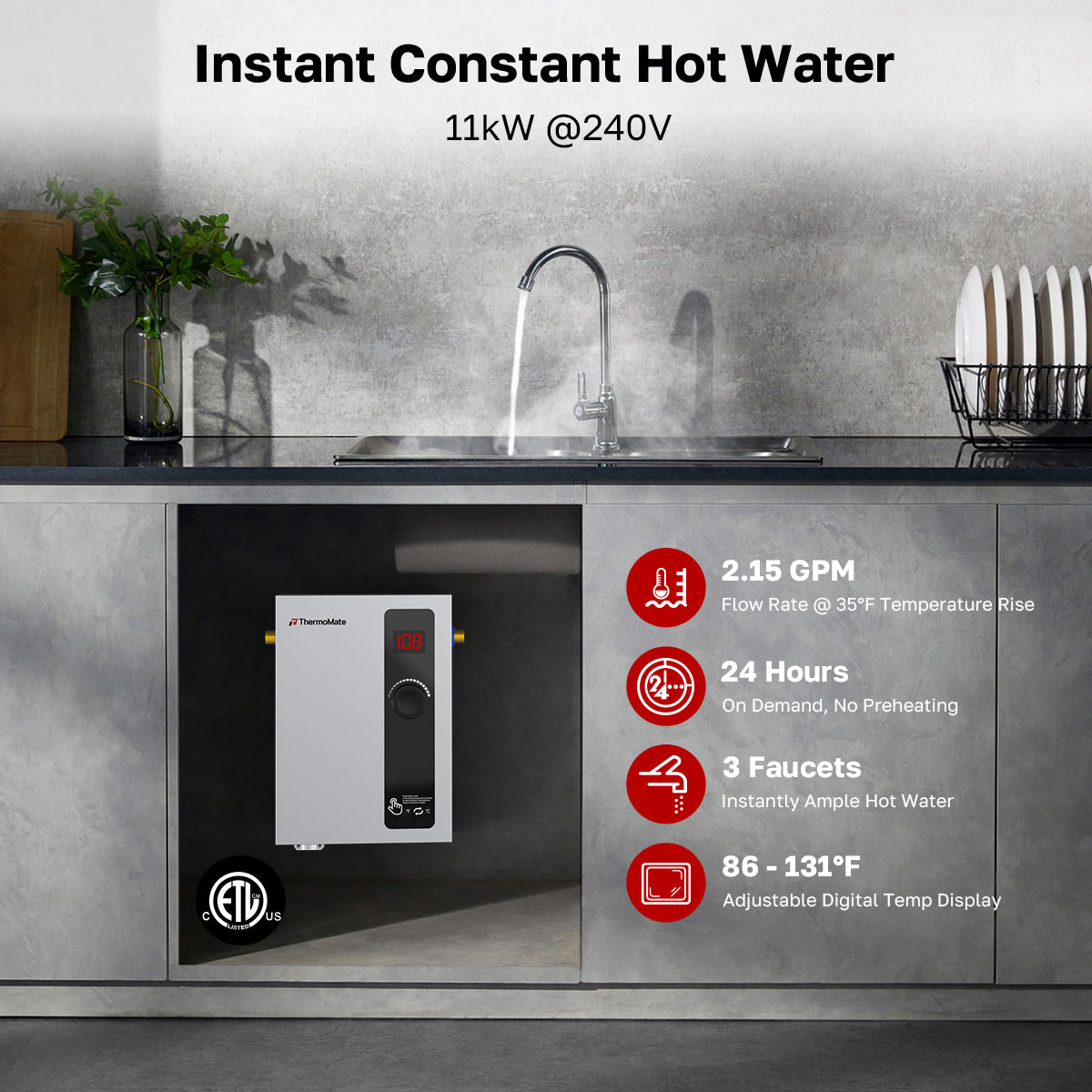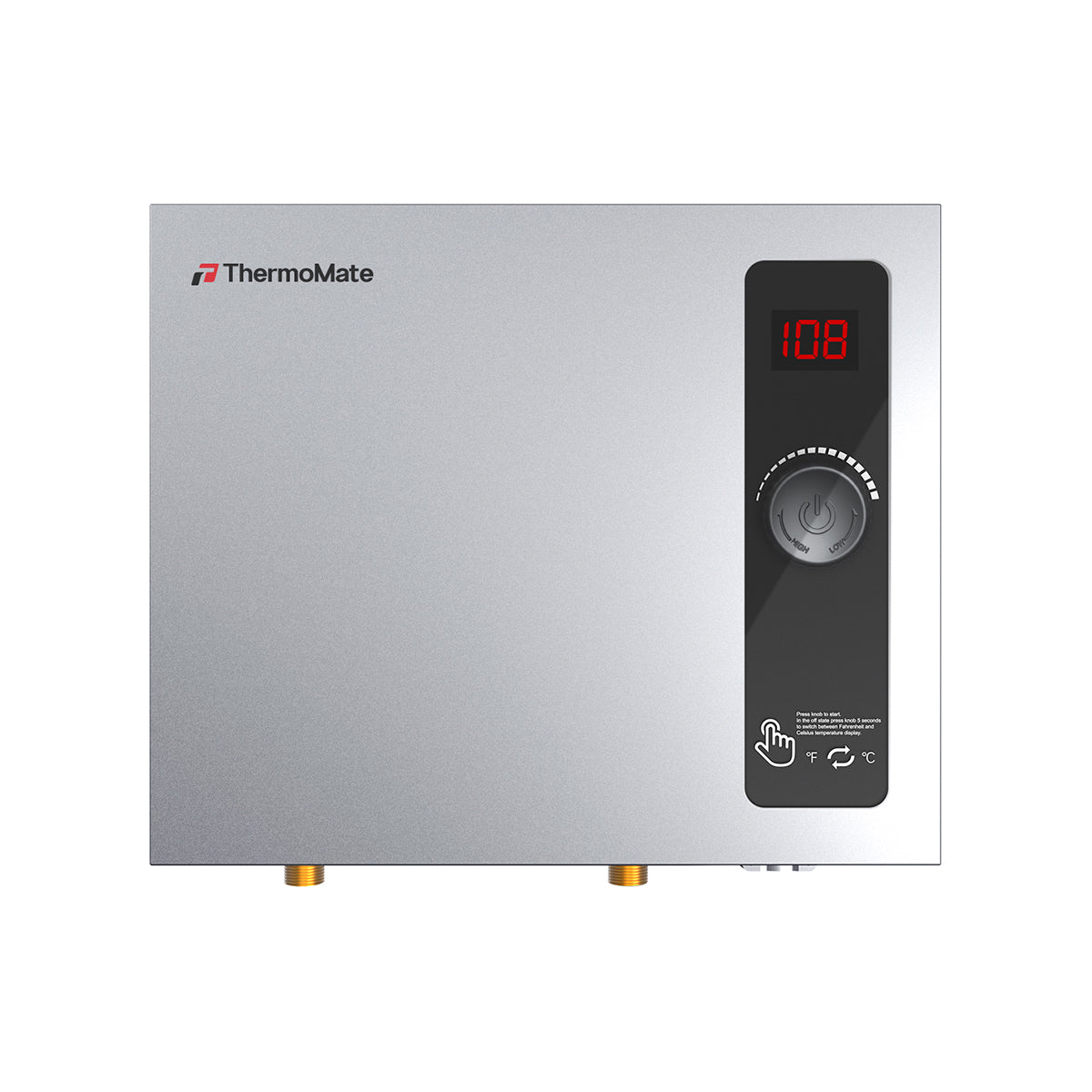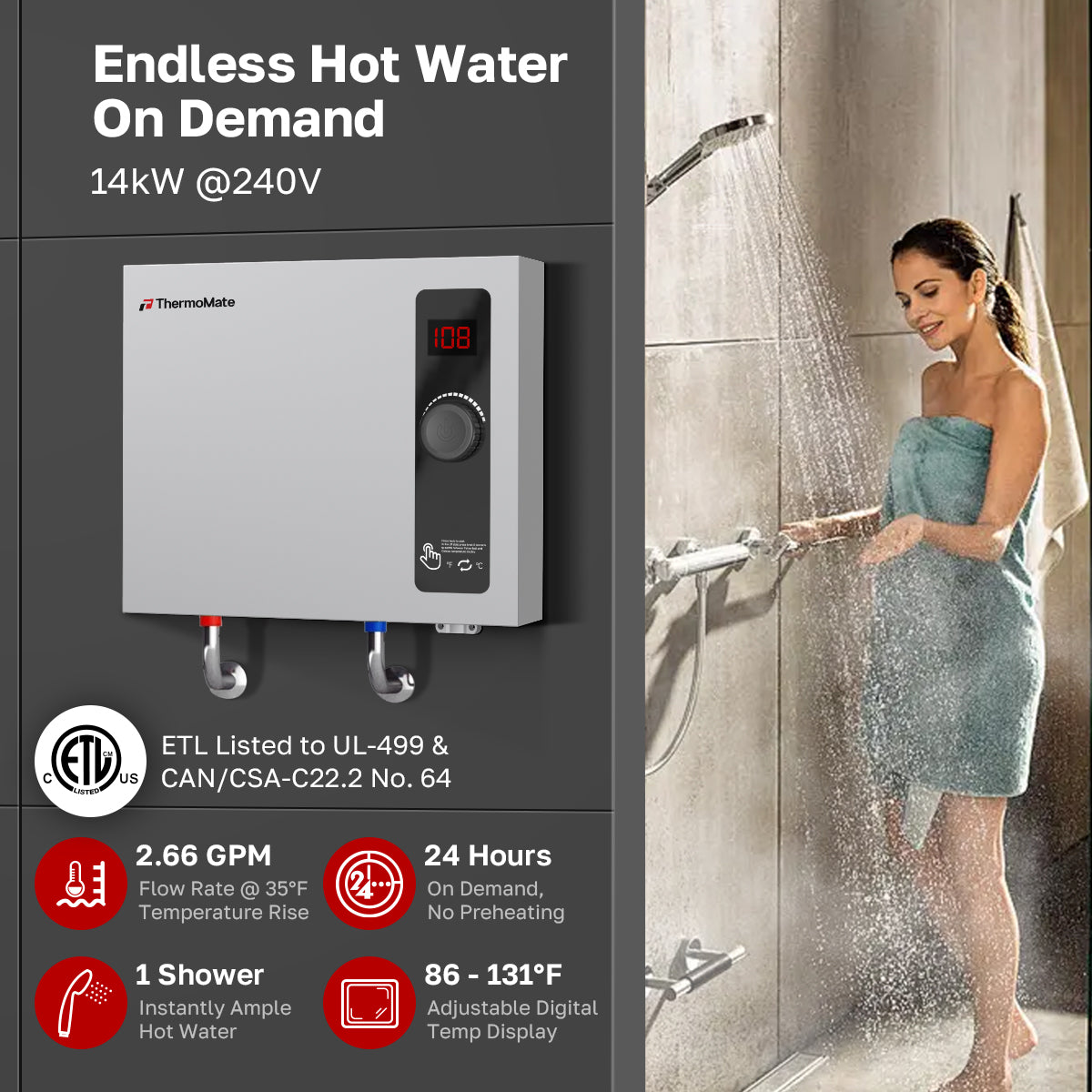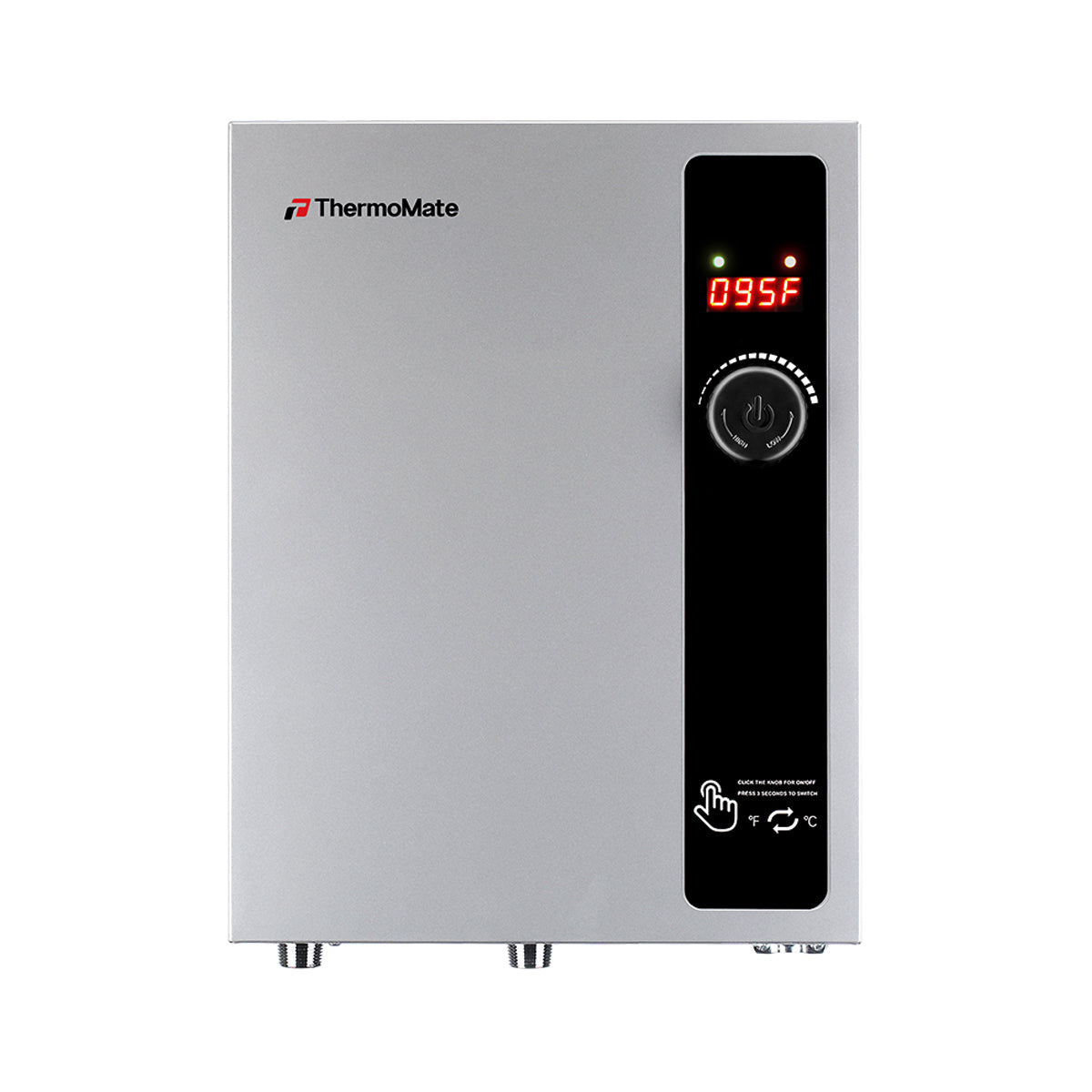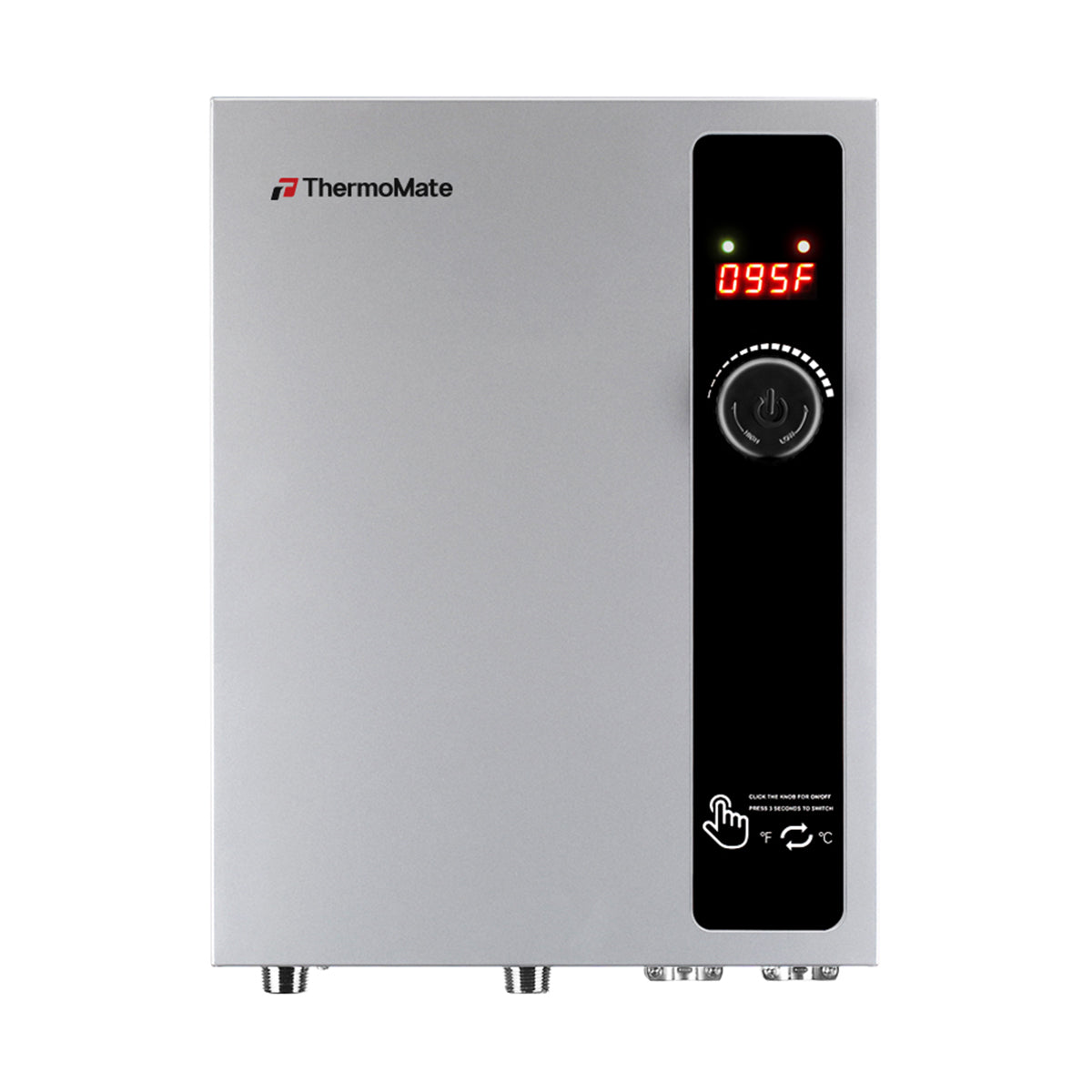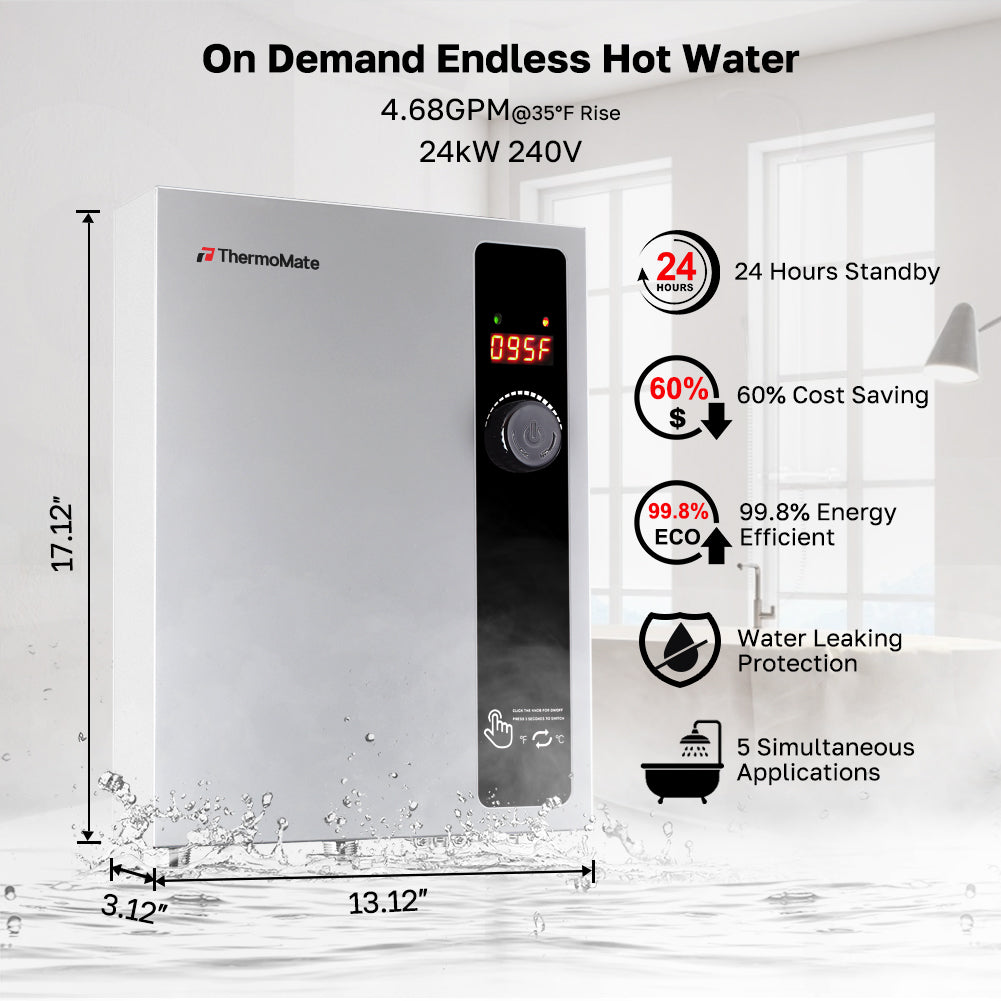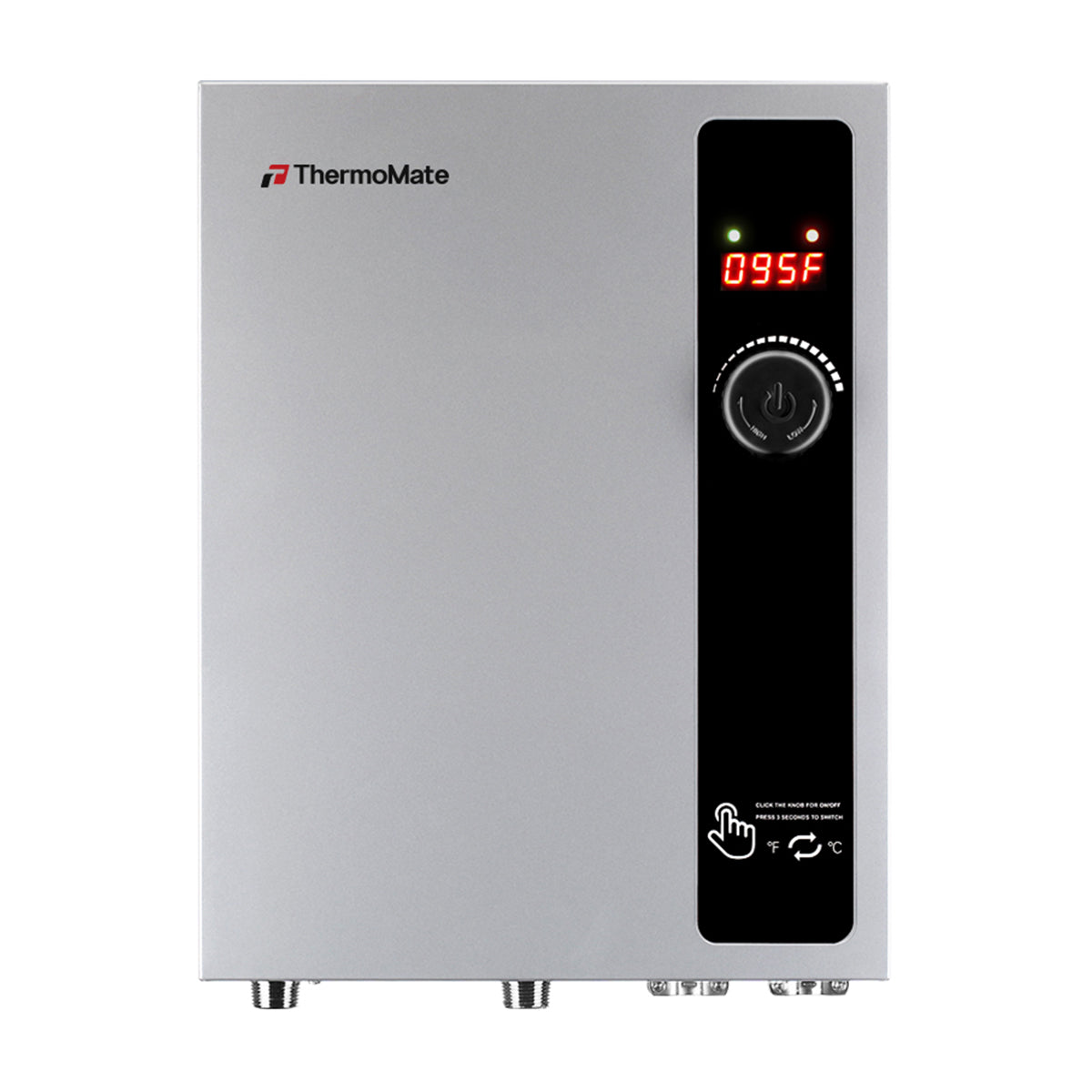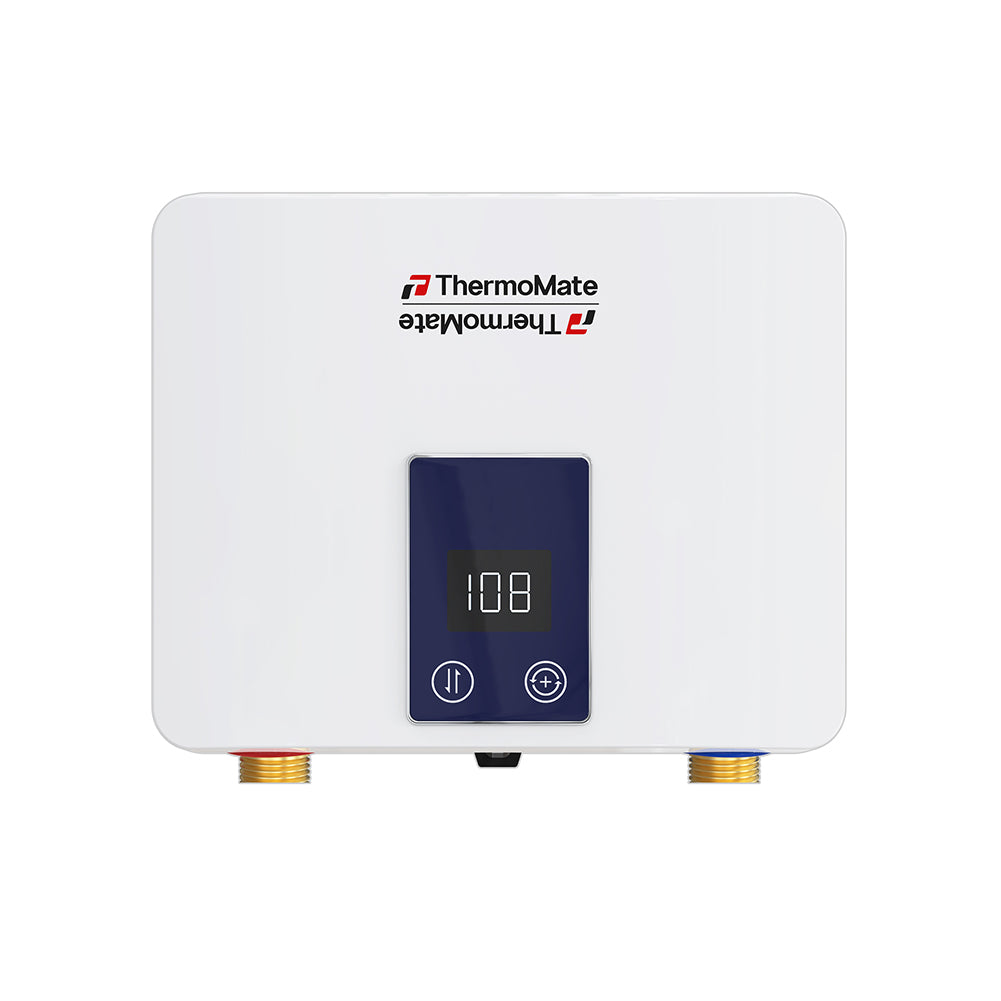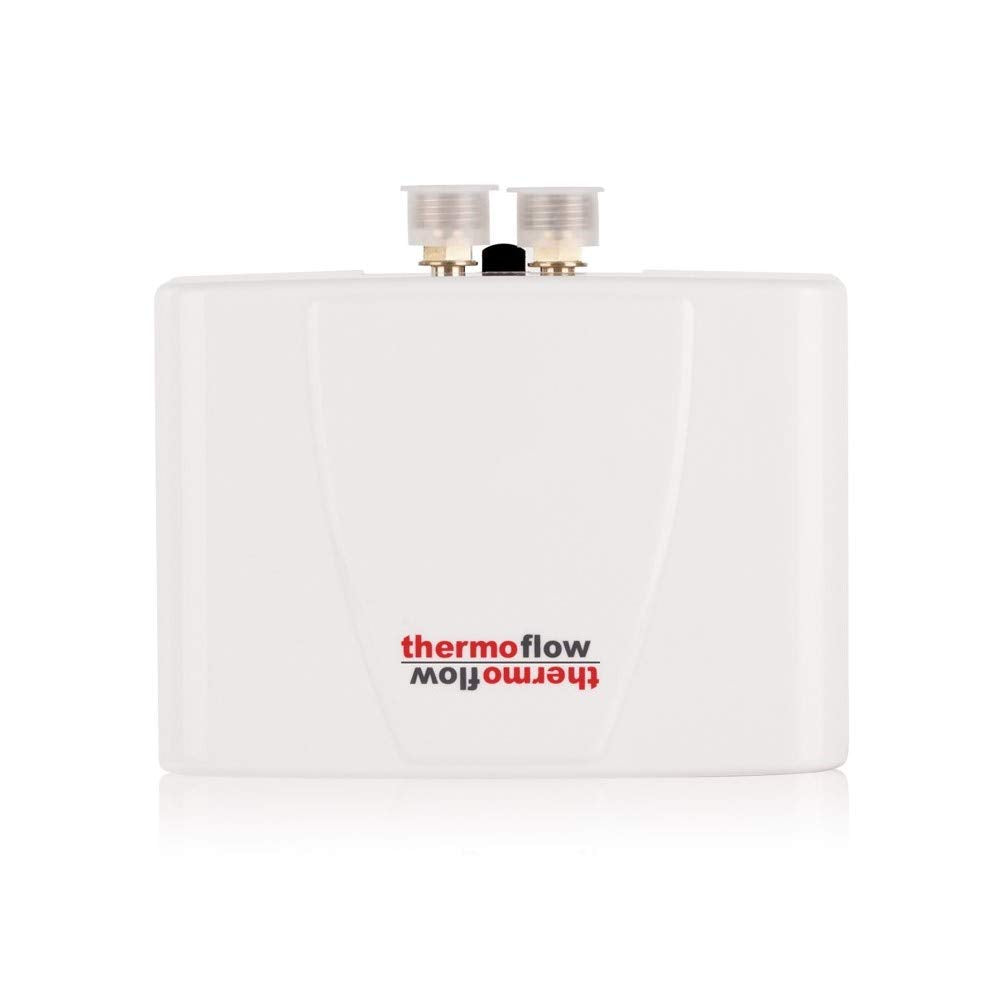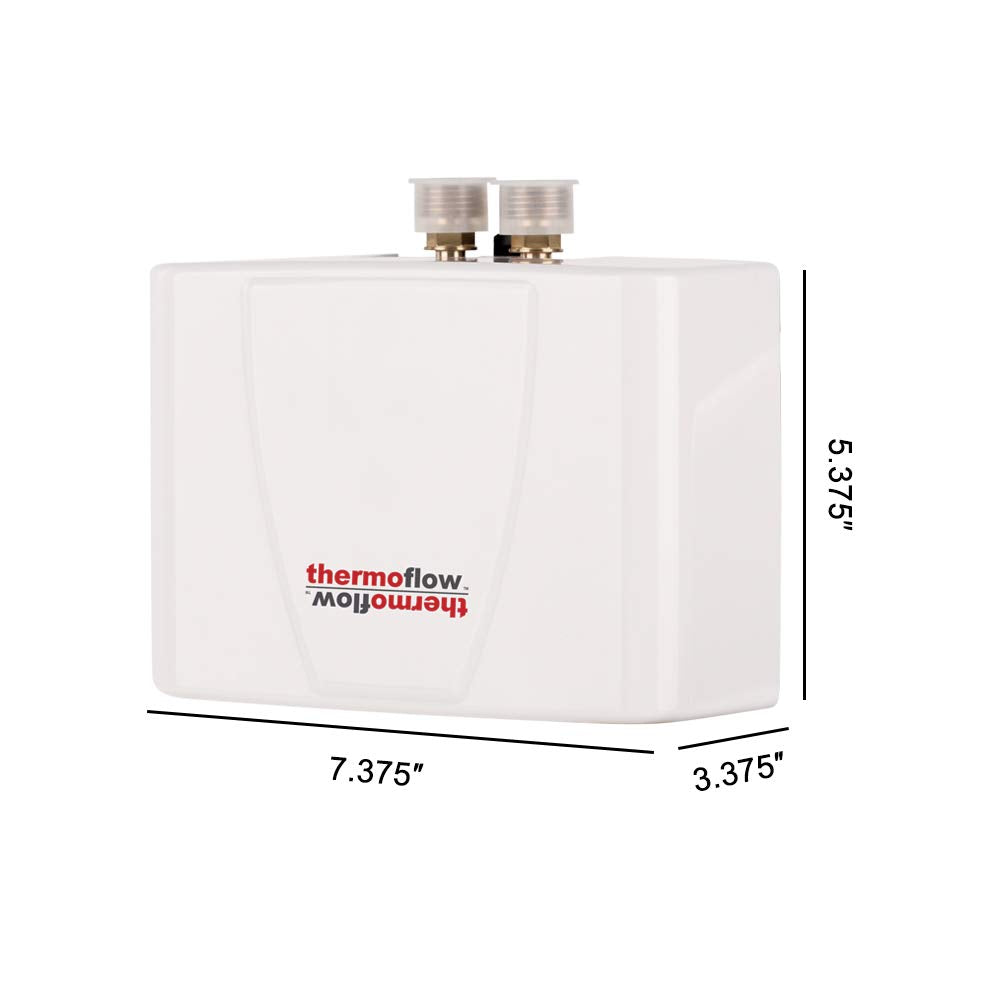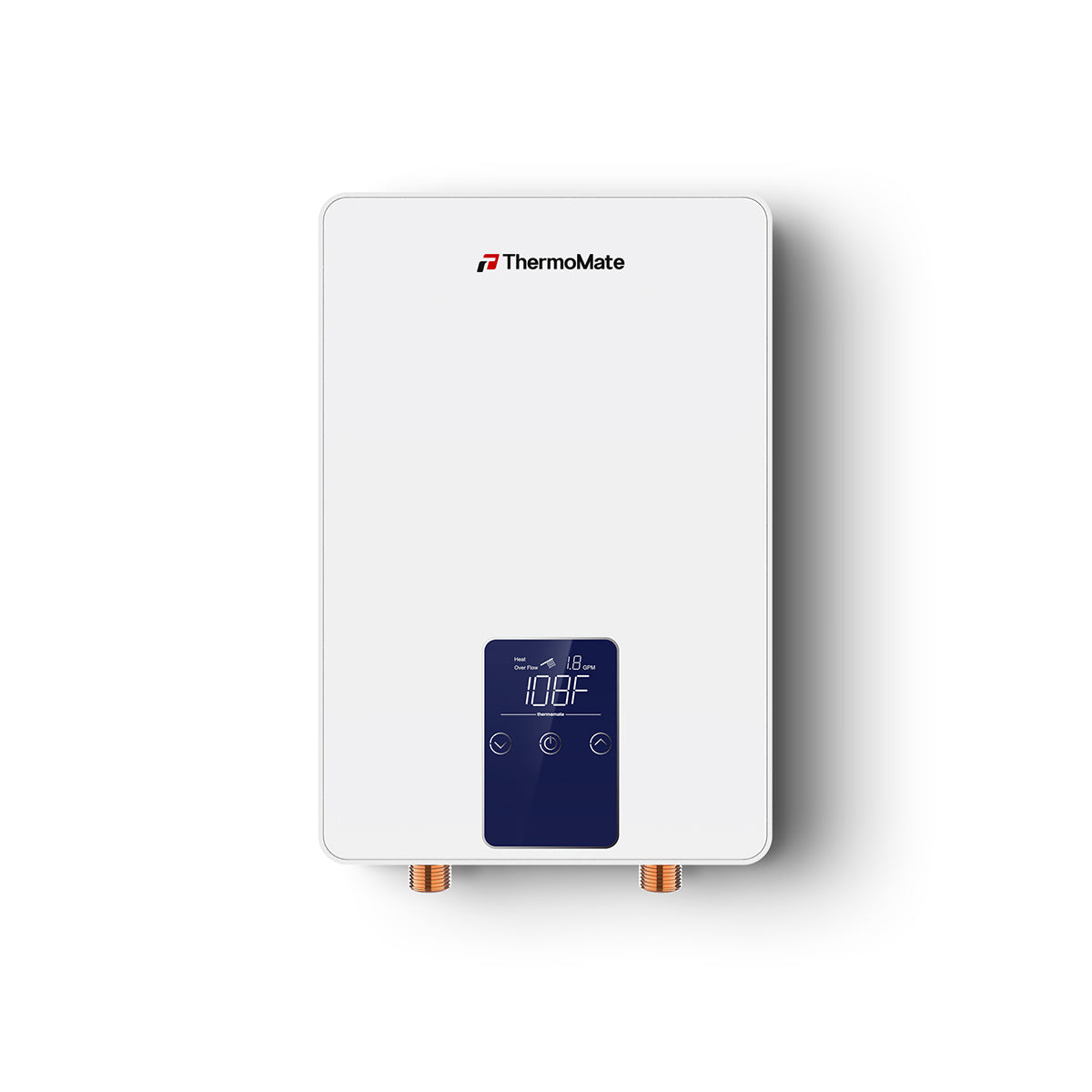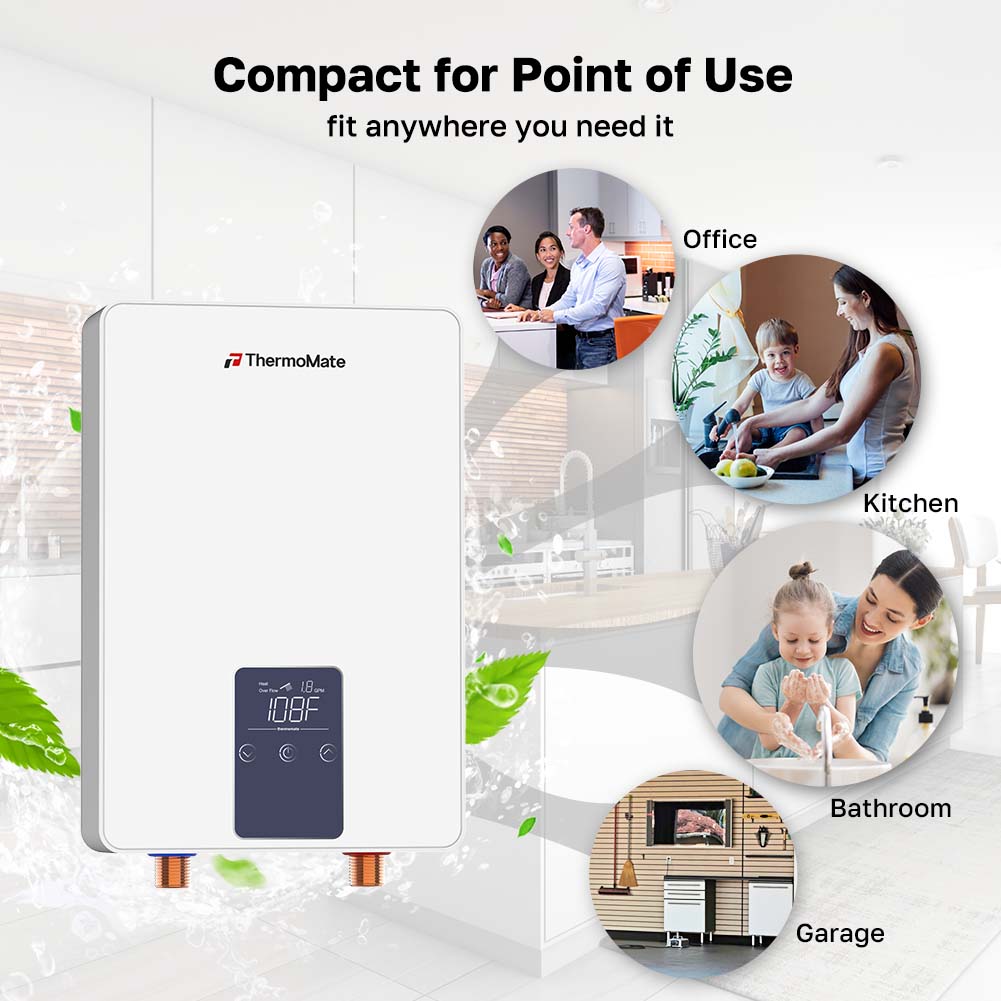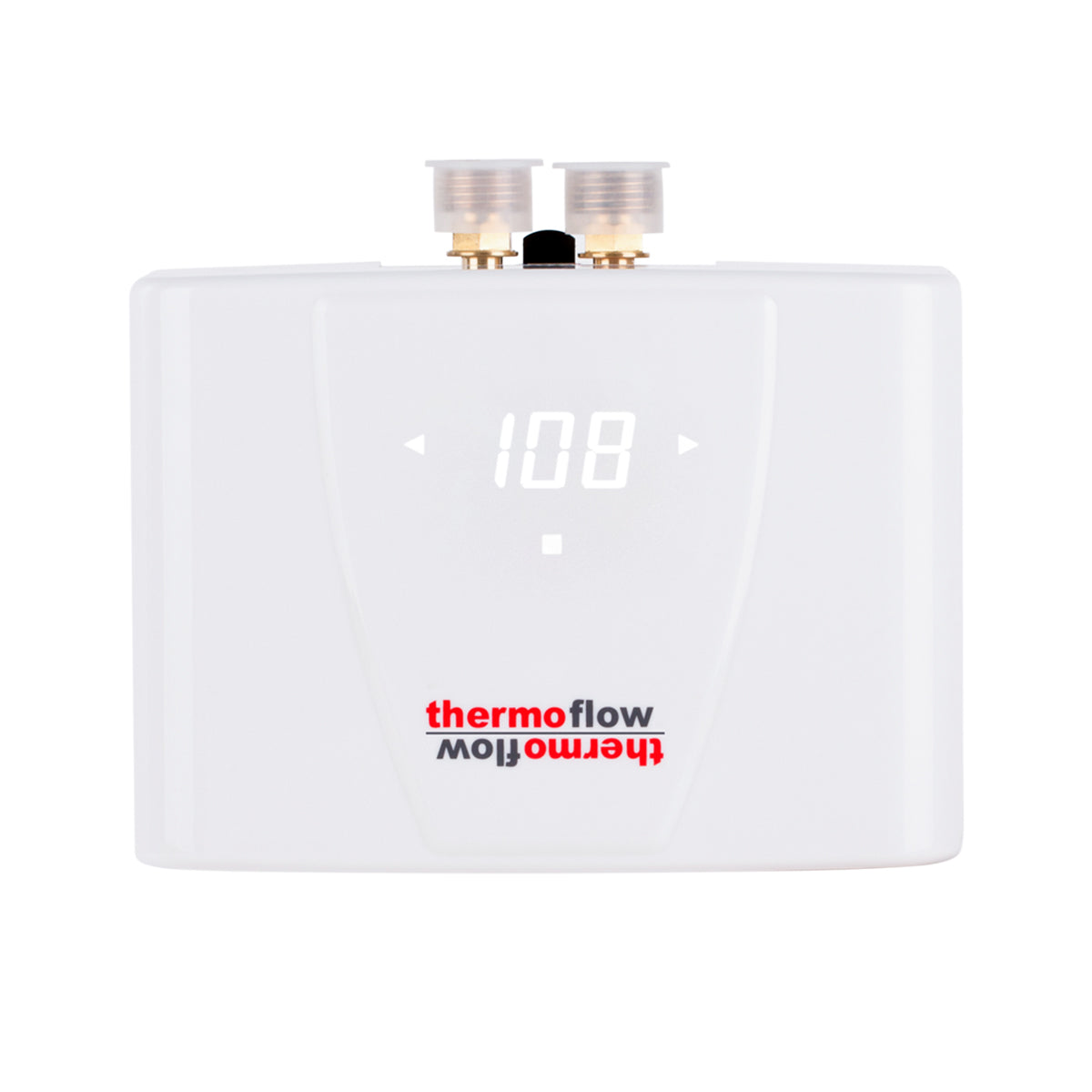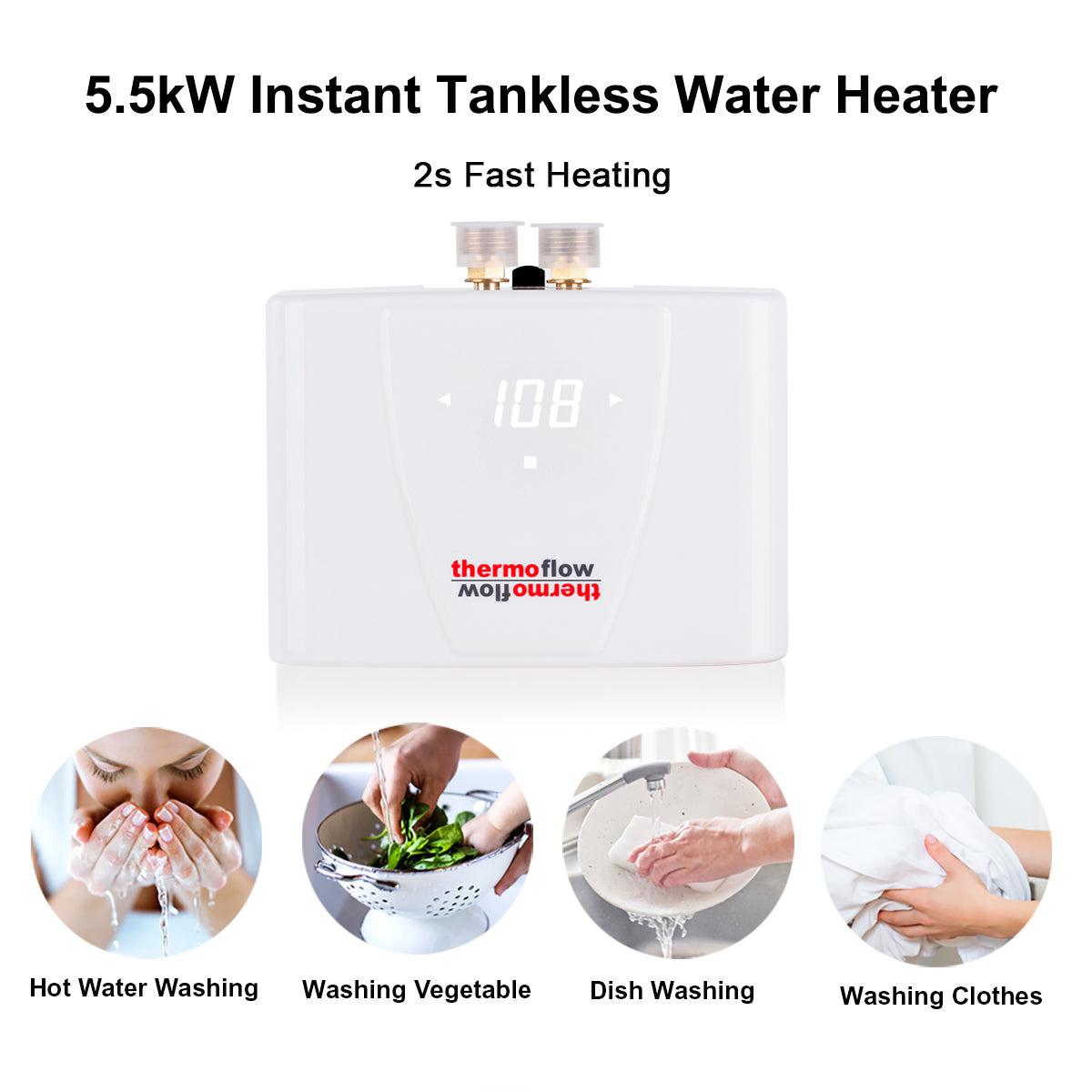-- Choosing between maintaining and replacing your electric water heater can be a crucial decision for homeowners. An electric water heater is an essential appliance, and ensuring it functions efficiently is key to a comfortable home. In this blog, we'll explore the pros and cons of both maintenance and replacement to help you make an informed decision.
The Importance of Electric Water Heater Maintenance
Regular maintenance of your electric water heater can extend its lifespan and ensure it operates efficiently. Here are some key maintenance tasks:
-
Flushing the Tank: Sediment buildup can reduce efficiency and damage the tank. Flushing the tank at least once a year removes these sediments, ensuring smooth operation.
-
Inspecting the Anode Rod: The anode rod prevents corrosion inside the tank. Inspecting and replacing it every few years can prevent rust and extend the heater's lifespan.
-
Checking the Thermostat and Heating Elements: Ensuring these components are functioning correctly helps maintain consistent water temperature and prevents unnecessary energy use.
-
Insulating the Tank: Adding insulation can reduce heat loss and improve efficiency, especially in older units.
Pros of Maintenance:
-
Cost-Effective: Regular maintenance is generally less expensive than replacing the entire unit.
-
Extended Lifespan: Properly maintained heaters can last up to 15 years.
-
Energy Efficiency: A well-maintained heater uses less energy, reducing your utility bills.
Cons of Maintenance:
-
Time-Consuming: Regular checks and servicing can be time-intensive.
-
May Not Fix Major Issues: Maintenance can prolong life but won't fix serious problems like a leaking tank.
When to Consider Replacement
There are scenarios where replacing your electric water heater might be the better option. Here’s when to consider a replacement:
-
Age of the Heater: If your unit is over 10-15 years old, it’s nearing the end of its lifespan.
-
Frequent Repairs: If you’re frequently repairing your heater, the costs can add up, making replacement a more economical choice.
-
Decreased Efficiency: Older units often become less efficient, leading to higher energy bills.
-
Rust and Corrosion: Visible rust or corrosion, especially if it’s causing leaks, usually indicates that replacement is necessary.
-
Capacity Issues: If your household's hot water needs have increased, a new, larger-capacity unit might be required.
Pros of Replacement:
-
Energy Savings: Newer models are more energy-efficient, which can significantly lower your utility bills.
-
Reliability: A new water heater means fewer breakdowns and repairs.
-
Modern Features: Newer models come with advanced features like smart controls and improved safety mechanisms.
Cons of Replacement:
-
Higher Initial Cost: The upfront cost of a new unit is higher than regular maintenance.
-
Installation Hassles: Replacing a water heater involves installation time and potential disruptions.
Making the Decision: Maintenance or Replacement?
To decide between maintenance and replacement, consider these factors:
-
Cost Analysis: Compare the cost of regular maintenance and repairs with the cost of a new unit.
-
Efficiency: Evaluate the efficiency of your current heater. Older, less efficient models might cost more to run in the long term.
-
Reliability: Consider the reliability of your current unit. Frequent issues may indicate it’s time for an upgrade.
-
Future Needs: Think about your household’s future hot water needs. If you anticipate needing more hot water, a replacement might be the better choice.
Conclusion
Maintaining your electric water heater can extend its life and save money in the short term. However, replacement might be the more cost-effective solution in the long run, especially for older or frequently problematic units. By assessing your current water heater's condition, efficiency, and your household's needs, you can make an informed decision that ensures reliable and efficient hot water for years to come.
Need Help?
If you're unsure about whether to maintain or replace your electric water heater, consult with a professional. They can provide a detailed assessment and recommend the best course of action tailored to your specific situation. Remember, whether you choose maintenance or replacement, proactive steps will help you avoid unexpected cold showers and ensure your home’s comfort.
Learn more about: What Size Electric Tankless Water Heater Do I Need for My Home?

